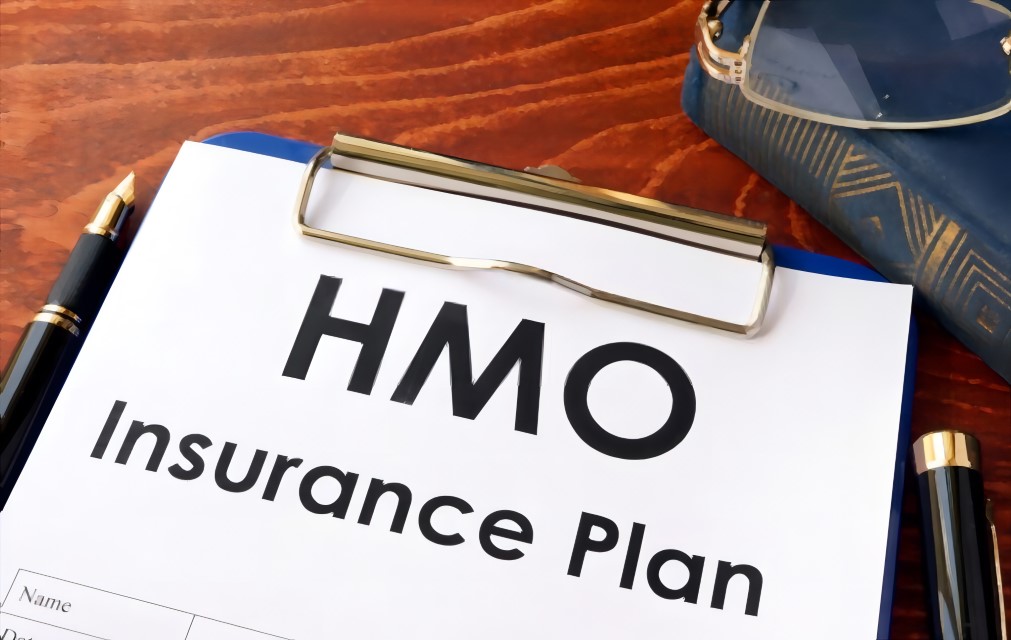No products in the cart.
Investment, Stock Market
HMO: 5 Powerful Reasons to Review Your Policy Annually for Better Healthcare in the Philippines
HMO: 5 Powerful Reasons to Review Your Policy Annually for Better Healthcare in the Philippines

Health Maintenance Organizations (HMOs) are leveraging technology to revolutionize healthcare delivery, improve patient experiences, and enhance the efficiency and effectiveness of healthcare services. From telemedicine and electronic health records (EHRs) to mobile apps and digital health platforms, technology plays a crucial role in transforming HMO services. Below are key ways technology is enhancing healthcare for HMO members.
1. Telemedicine and Virtual Care
Telemedicine enables HMO members to consult with healthcare providers remotely through video calls, phone calls, or secure messaging platforms. This innovation provides convenient access to healthcare professionals for non-emergency medical issues, facilitating timely consultations, diagnoses, and treatments without the need for in-person visits.
Benefits:
- Convenience: Members can receive medical advice without traveling to a clinic or hospital.
- Expanded Reach: Virtual care platforms extend healthcare access to rural and underserved areas.
- Reduced Barriers to Care: Eliminates long waiting times and reduces healthcare costs for minor medical concerns.
2. Electronic Health Records (EHRs)
EHRs digitize patient medical records, creating a centralized system for securely storing, managing, and accessing health information. These records enable seamless data exchange among healthcare providers within the HMO network, enhancing coordination and care management.
Benefits:
- Improved Communication: Healthcare professionals can access up-to-date patient histories for informed decision-making.
- Reduced Medical Errors: Digital records minimize misdiagnoses and prescription errors.
- Continuity of Care: Ensures consistent treatment across different healthcare providers and facilities.
3. Mobile Health Apps
HMOs now offer mobile apps that empower members to manage their health conveniently through their smartphones or tablets. These apps allow users to schedule appointments, refill prescriptions, view lab results, track health metrics, and access educational resources.
Benefits:
- Enhanced Patient Engagement: Encourages self-management and active participation in personal healthcare.
- Accessibility: Members can access healthcare services anytime and anywhere.
- Improved Adherence: Supports treatment compliance and promotes healthier lifestyle choices.
4. Remote Monitoring Devices
Remote monitoring devices enable HMO members to track vital signs and manage chronic conditions from home. Devices such as blood pressure monitors, glucose meters, and wearable fitness trackers collect real-time health data, which is securely transmitted to healthcare providers for analysis and intervention.
Benefits:
- Proactive Care Management: Early detection of health issues leads to timely interventions.
- Reduced Hospitalizations: Continuous monitoring helps prevent complications that require hospitalization.
- Personalized Care: Healthcare providers can tailor treatments based on real-time health data.
5. Artificial Intelligence (AI) and Predictive Analytics
AI and predictive analytics allow HMOs to analyze large volumes of healthcare data to identify trends, patterns, and potential risks. AI-powered algorithms help predict disease risk, identify high-risk patients, and recommend personalized interventions.
Benefits:
- Early Disease Detection: AI helps in diagnosing health conditions before they become severe.
- Efficient Resource Allocation: Predictive analytics optimize the use of healthcare resources.
- Personalized Treatment Plans: AI-based insights improve the effectiveness of care delivery.
6. Patient Portals and Secure Messaging
Patient portals and secure messaging platforms facilitate direct communication between patients and healthcare providers. These digital tools allow members to access health records, request appointments, and receive medical advice securely online.
Benefits:
- Enhanced Care Coordination: Real-time communication between patients and providers improves healthcare delivery.
- Secure Access to Health Information: Members can review their medical history and lab results conveniently.
- Time-Saving: Reduces the need for unnecessary in-person visits for minor concerns.
7. Health Information Exchange (HIE)
HMOs participate in Health Information Exchange (HIE) networks, enabling the seamless sharing of patient health information among different healthcare organizations and providers. HIE ensures that authorized providers can access critical patient data when needed.
Benefits:
- Interoperability: Promotes smooth data exchange across healthcare systems.
- Reduced Duplicate Tests: Avoids unnecessary medical procedures and tests.
- Improved Care Transitions: Facilitates a smoother transfer of care between hospitals, specialists, and primary care providers.
Conclusion
Technology is playing a pivotal role in enhancing HMO services by enabling telemedicine and virtual care, digitizing health records, providing mobile health apps, incorporating remote monitoring devices, leveraging AI and predictive analytics, facilitating patient portals and secure messaging, and promoting health information exchange networks. By embracing these technological advancements, HMOs are improving healthcare accessibility, empowering members to manage their health proactively, and delivering more efficient and effective healthcare services.
READ MORE RELATED BLOGS!
READ MORE AND SHARE!
TSOK Chronicles: Unleashing Passion, Dedication, and Excellence in 2024
2023 Your Practical Wedding Guide
Investments and Finance Ultimate Guide
If you like this article please share and love my page DIARYNIGRACIA PAGE Questions, suggestions send me at diarynigracia@gmail.com
You may also follow my Instagram account featuring microliterature #microlit. For more of my artworks, visit DIARYNIGRACIA INSTAGRAM


Peace and love to you.